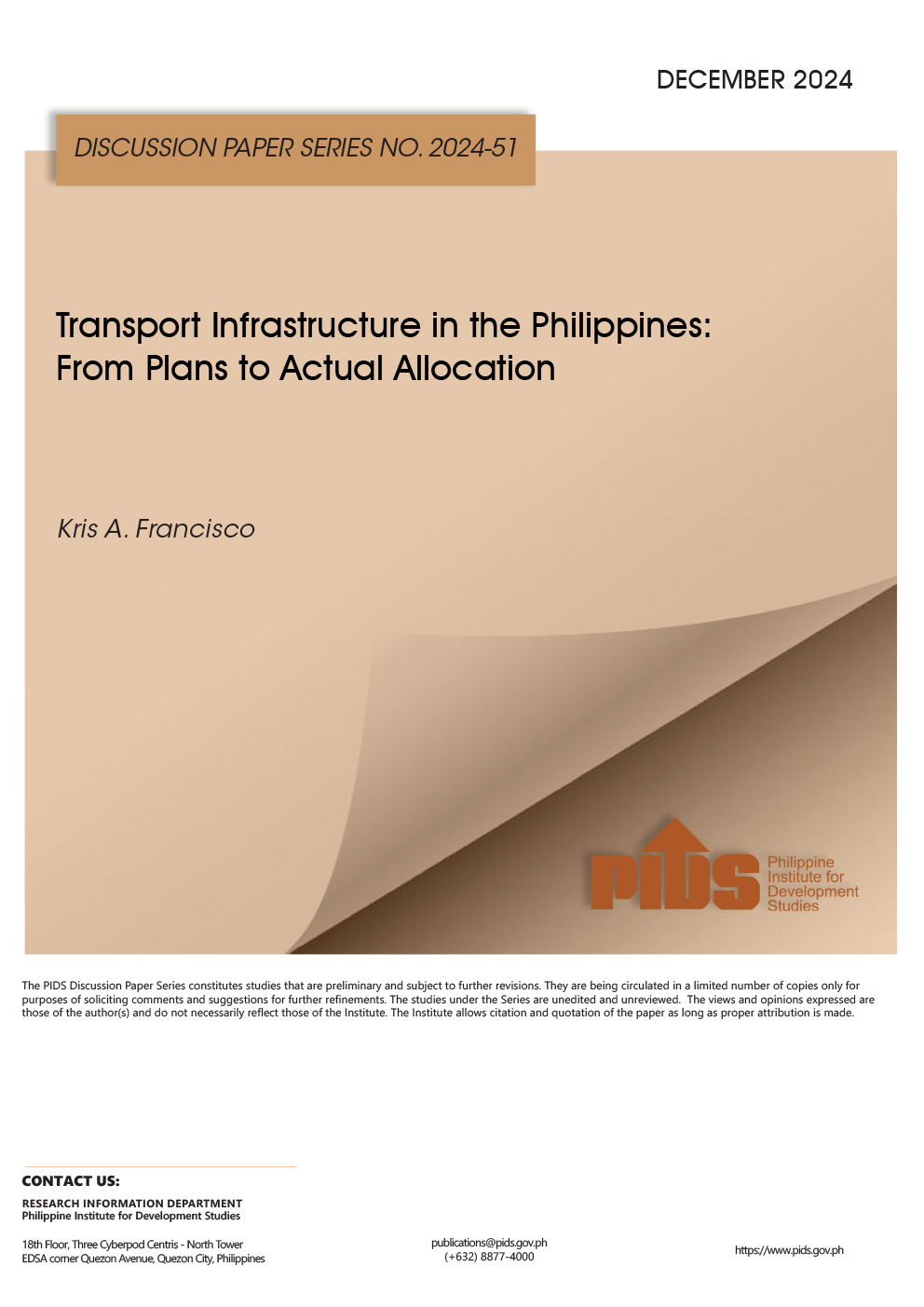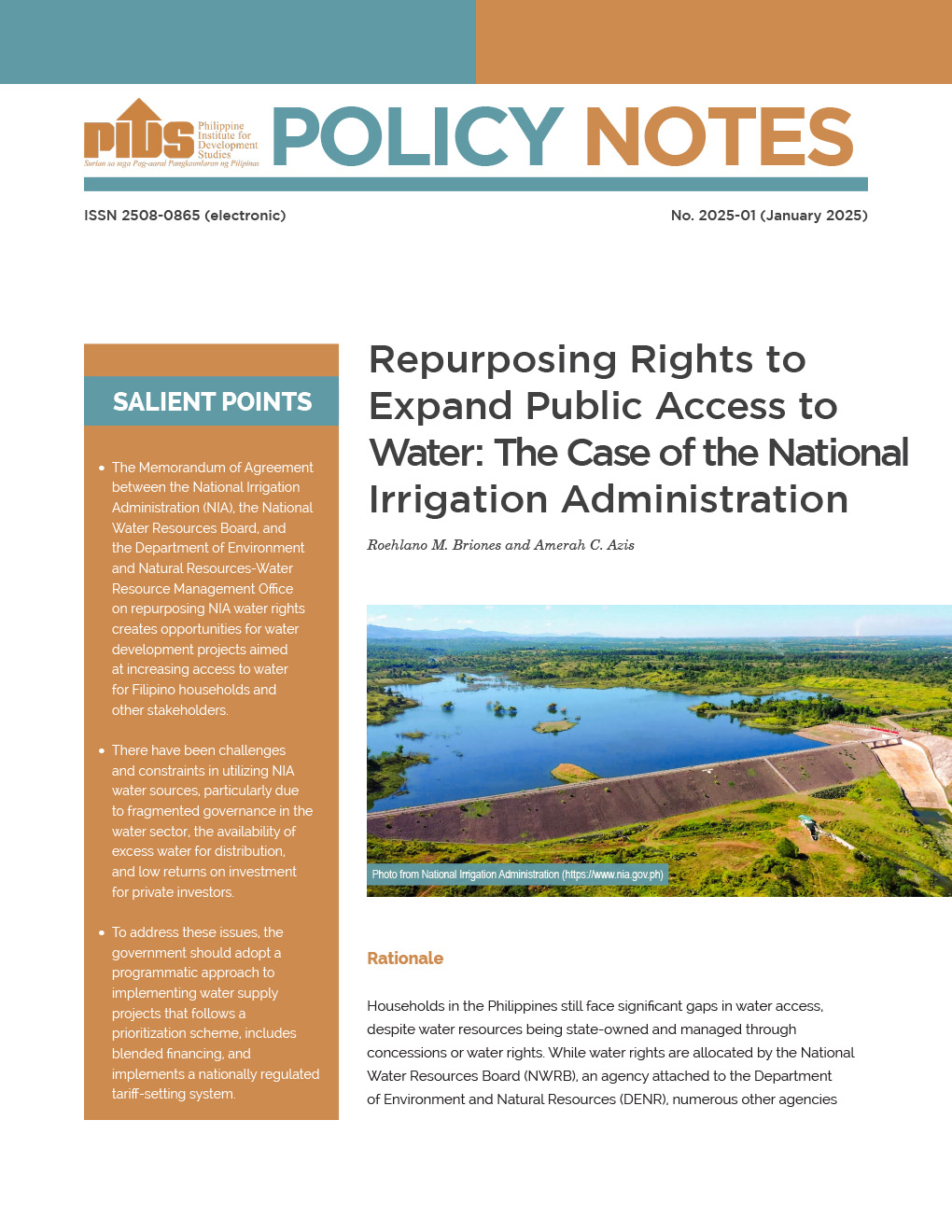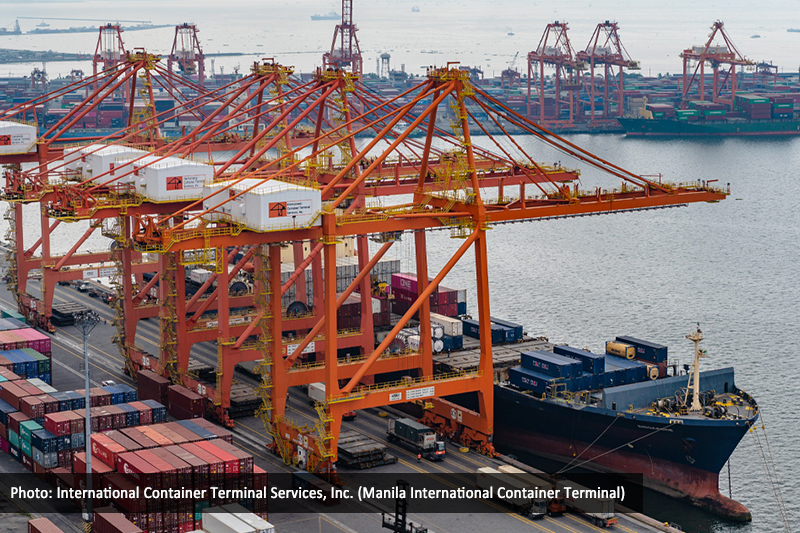After decades on the table and two years after a jarring wake-up call that was the supply crisis which hit Metro Manila and adjacent provinces, there is still no central authority that would regulate the Philippine water resources industry.
At this glacial pace of development, government affiliated experts say the Philippines is unlikely to meet the United Nations-led goal of attaining universal access to clean water and sanitation by 2030.The creation of a so-called apex body for water concerns was supposedly made a priority—identified by Malacañang as such and referred to Congress—in early 2019 amid public clamor for secure water supply and reliable water services.Nearly two years hence, a discussion paper dated December 2020 and published by government think tank Philippine Institute for Development Studies finds that the Philippine water sector remains fragmented “primarily due to ambiguous and overlapping institutional mandates.”
The paper was authored by Lawrence Velasco, Charlotte Justine Diokno-Sicat, Angel Faye Castillo and Ricxie Maddawin. They said the “obstinate fragmentation” in the water sector was particularly so in the local government water systems.Also, the study showed that weaknesses in institutional mandates both caused and exacerbated the lack of consistently and regularly reported data. This, in turn, poses challenges in monitoring and evaluating the water service providers as the basis for sector reforms.“The inability to effectively assess the impact or success of water service provision efforts result in subsequently inefficient policy/programs/interventions to address the shortcomings,” the researchers said.
They noted that until now, there was “no single water-related planning agency that keeps track of [the sector’s] progress and investment.” They recommended that various rules and regulations relating to the sector be streamlined and aligned.In March 2019, at the height of a supply crisis in Metro Manila, Economic Planning Assistant Secretary Roderick Planta said the push for the creation of a Department of Water as well as a Water Regulatory Commission was a result of consensus among various national agencies.
Water sector left high and dry, say gov’t experts












